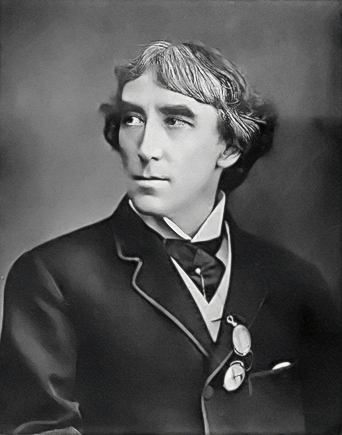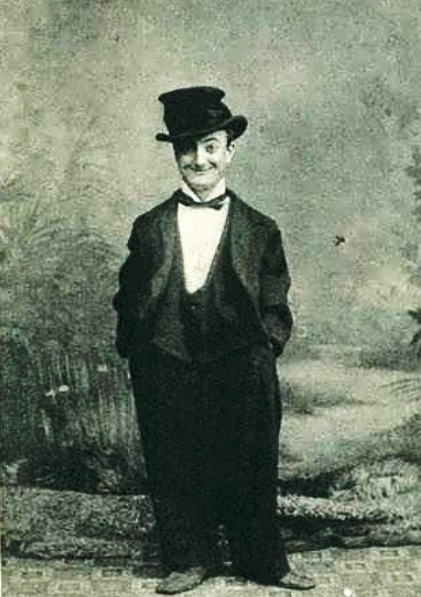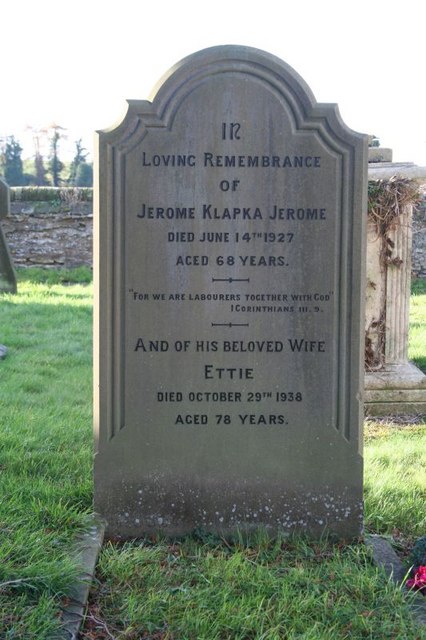|
Frank Osmond Carr
Frank Osmond Carr (23 April 1858 – 29 August 1916), known as F. Osmond Carr, was an English composer who wrote the music for several Victorian burlesques before turning to the new genre of Edwardian musical comedy, and also composing some comic operas. He often worked with the lyricist Adrian Ross, and several of his pieces were created for the producer George Edwardes. Life and career Carr was born in Bradford, Yorkshire, England.F. Osmond Carr profile at the British Musical Theatre website of The Gilbert and Sullivan Archive (2004) His parents were George Saxton Carr, a schoolmaster and Margaret Durden Carr, née Painter.Lamb, Andrew. "Carr, Frank Osmond (1858–191 ... [...More Info...] [...Related Items...] OR: [Wikipedia] [Google] [Baidu] |
Vaudeville Theatre
The Vaudeville Theatre is a West End theatre on the Strand in the City of Westminster. As the name suggests, the theatre held mostly vaudeville shows and musical revues in its early days. It opened in 1870 and was rebuilt twice, although each new building retained elements of the previous structure. The current building opened in 1926, and the capacity is now 690 seats. Rare ''thunder drum'' and ''lightning sheets'', together with other early stage mechanisms, survive in the theatre. History Origins The theatre was designed by prolific architect C. J. Phipps, and decorated in a Romanesque style by George Gordon. It opened on 16 April 1870 with Andrew Halliday's comedy, ''For Love Or Money'' and a burlesque, ''Don Carlos or the Infante in Arms''. A notable innovation was the concealed footlights, which would shut off if the glass in front of them was broken. The owner, William Wybrow Robertson, had run a failing billiard hall on the site but saw more opportunity in theatre. ... [...More Info...] [...Related Items...] OR: [Wikipedia] [Google] [Baidu] |
Empire, Leicester Square
The Empire, Leicester Square is a cinema currently operated by Cineworld on the north side of Leicester Square, London. The Empire was originally built in 1884 as a variety theatre and was rebuilt for films in the 1920s. It is one of several cinemas in and adjoining Leicester Square which are regularly used for film premieres and first runs. Today, it has nine auditoria, including an IMAX (IMAX with Laser projection), a Superscreen (Premium Large Format (PLF), 4K projection and Dolby Atmos sound), and a 4DX screen. History 1884: The Empire Theatre opens The Empire Theatre opened on 17 April 1884 under the ownership of Daniel Nicols as a West End variety theatre on Leicester Square, as well as a ballet venue, with a capacity of about 2,000 seats. The first performance was '' Chilpéric'', with music by Hervé, adapted by H. Hersee and H.B. Farnie and described as ''a Grand Musical Spectacular, in three acts and seven tableaux''. The corps de ballet for the performance was ... [...More Info...] [...Related Items...] OR: [Wikipedia] [Google] [Baidu] |
Ballet
Ballet () is a type of performance dance that originated during the Italian Renaissance in the fifteenth century and later developed into a concert dance form in France and Russia. It has since become a widespread and highly technical form of dance with its own vocabulary. Ballet has been influential globally and has defined the foundational techniques which are used in many other dance genres and cultures. Various schools around the world have incorporated their own cultures. As a result, ballet has evolved in distinct ways. A ''ballet'' as a unified work comprises the choreography and music for a ballet production. Ballets are choreographed and performed by trained ballet dancers. Traditional classical ballets are usually performed with classical music accompaniment and use elaborate costumes and staging, whereas modern ballets are often performed in simple costumes and without elaborate sets or scenery. Etymology Ballet is a French word which had its origin in Italian ... [...More Info...] [...Related Items...] OR: [Wikipedia] [Google] [Baidu] |
Joseph W
Joseph is a common male given name, derived from the Hebrew Yosef (יוֹסֵף). "Joseph" is used, along with "Josef", mostly in English, French and partially German languages. This spelling is also found as a variant in the languages of the modern-day Nordic countries. In Portuguese and Spanish, the name is "José". In Arabic, including in the Quran, the name is spelled '' Yūsuf''. In Persian, the name is "Yousef". The name has enjoyed significant popularity in its many forms in numerous countries, and ''Joseph'' was one of the two names, along with ''Robert'', to have remained in the top 10 boys' names list in the US from 1925 to 1972. It is especially common in contemporary Israel, as either "Yossi" or "Yossef", and in Italy, where the name "Giuseppe" was the most common male name in the 20th century. In the first century CE, Joseph was the second most popular male name for Palestine Jews. In the Book of Genesis Joseph is Jacob's eleventh son and Rachel's first son, and k ... [...More Info...] [...Related Items...] OR: [Wikipedia] [Google] [Baidu] |
George Dance (dramatist)
Sir George Dance (14 October 1857 – 22 October 1932) was an English lyricist and librettist in the 1890s and an important theatrical manager at the beginning of the 20th century. Dance wrote several hit musicals, including ''The Gay Parisienne'' (1894) and '' A Chinese Honeymoon'' (1899), one of the most successful musicals in history until the 1940s. In the early years of the 20th century, he became one of the most successful theatrical managers in the United Kingdom, managing many productions both on the West End and on tour. Biography Dance was born in Nottingham, England, the son of Isaac Dance (1824–1880) a pipe maker. Dance was educated at the National School, Sneinton, Nottingham. He married Grace Spong in 1898, and the couple produced two sons (Eric and James) and a daughter (Phyllis, later Mrs. Bertram Merritt). His son Eric, who died in a Japanese prison camp during World War II, contributed a large part of his inheritence towards the building of the Oxford Pla ... [...More Info...] [...Related Items...] OR: [Wikipedia] [Google] [Baidu] |
Little Tich
Harry Relph (21 July 186710 February 1928),Russell, Dav"Relph, Harry (1867–1928)" ''Oxford Dictionary of National Biography'', Oxford University Press, 2004, online edition, January 2011. Retrieved 1 August 2013 professionally known as Little Tich, was a English music hall comedian and dancer during the late 19th and early 20th centuries. He was best known for his acrobatic and comedic "Big-Boot Dance", which he performed in Europe and for which he wore boots with soles long. Aside from his music hall appearances, he was also a popular performer in Christmas pantomimes and appeared in them annually at theatres throughout the English provinces. He repeated this success in London, where he appeared in three pantomimes at the Theatre Royal, Drury Lane, between 1891 and 1893 alongside Dan Leno and Marie Lloyd. Born in Cudham, Kent, Little Tich began performing aged ten when he developed a dance and tin-whistle act which he showcased at public houses in Sevenoaks. In the early 1 ... [...More Info...] [...Related Items...] OR: [Wikipedia] [Google] [Baidu] |
Jerome K Jerome
Jerome Klapka Jerome (2 May 1859 – 14 June 1927) was an English writer and humourist, best known for the comic Travel literature, travelogue ''Three Men in a Boat'' (1889). Other works include the essay collections ''Idle Thoughts of an Idle Fellow'' (1886) and ''Second Thoughts of an Idle Fellow''; ''Three Men on the Bummel'', a sequel to ''Three Men in a Boat''; and several other novels. Jerome was born in Walsall, England, and, although he was able to attend grammar school, his family suffered from poverty at times, as did he as a young man trying to earn a living in various occupations. In his twenties, he was able to publish some work, and success followed. He married in 1888, and the honeymoon was spent on a boat on the Thames; he published ''Three Men in a Boat'' soon afterwards. He continued to write fiction, non-fiction and plays over the next few decades, though never with the same level of success. Early life Jerome was born at Belsize House, 1 Caldmore Road, in ... [...More Info...] [...Related Items...] OR: [Wikipedia] [Google] [Baidu] |



